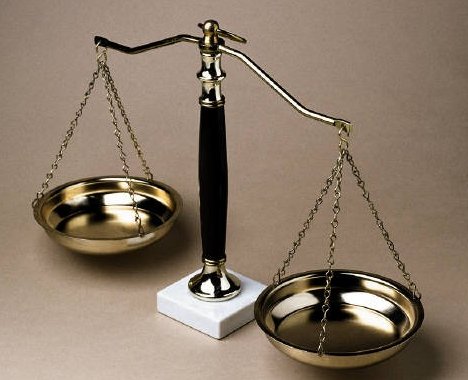 |
 |
| Attorneys at Law |
“HOW MUCH IS MY CASE WORTH?”
Disclaimer: The information contained in this FAQ is provided for general
information purposes only and is not intended to be a legal opinion, legal
advice or a complete discussion of the issues related to the area of valuation
of personal injury claims. Every individual's factual situation is different and
you should seek independent legal advice from an attorney familiar with the laws
of your state or locality regarding specific information.
We are often asked the basic question that is on everyone's
mind when it comes time to discuss settling a personal injury case—“How Much
Is It Worth?” Unfortunately, it is not an easy question to answer. While a
contract case is often easy to evaluate for damages—the dollar figures are
right there in the document—it is much harder to put a dollar figure on, say,
the loss of use of one's legs.
To help explain how we reach the recommendations we make in
evaluating a personal injury case, we offer, as a small portion of the factors
we consider, the following:
- All of the factual details surrounding how, when, where and
why the injury occurred, to determine if there is any liability for the
injury at all and, if so, to assess what defenses may be available and to
estimate the degree of fault which may be assessed against the injured
person, as well as the prospective defendant(s);
- Whether it is a tort claim, a worker's compensation claim,
or both;
- The details of the injured person's medical history, both
before and after the injury;
- All medical expenses, including hospital, physician, drugs,
therapy bills and other expenses incurred or expended to date for diagnosis
and treatment, and all such expenses which may be incurred in the future;
- All past and predicted future loss of income arising from
the injury;
- All other past and projected monetary losses and
expenditures arising from the injury;
- How the injury has affected the injured person's ability to
perform the various activities he or she engaged in before the injury,
including work, sports, social, household and recreational;
- Whether the prospective defendant has insurance and, if so,
how much; or if there is no insurance, information concerning the ability of
the prospective defendant to pay;
- The injured person's work history, marital status,
educational history, and appearance, credibility and demeanor as a witness;
- The capacity and willingness of the injured person to train
for and perform other work, the cost of any such retraining and the income
which might be earned after retraining;
- The prospective defendant's appearance, credibility and
demeanor as a witness;
- The availability and credibility of both expert and
non-expert witnesses on all liability and damage issues;
- The law which would be applied to the case in the state(s)
where it would or could be filed;
- Whether the case could be filed in or removed to a federal
court and, if so, which one(s);
- A history of jury verdicts which have been rendered in
similar cases in the court(s) where the case would be filed and a
"feel" for how a jury in that jurisdiction would be likely to
react to the case;
- The anticipated expense of prosecuting the case through
trial and possible appeal.
Depending on the particular case, there will be a number of
other factors to consider before a proper settlement evaluation can be made.
These include the existence of medical and other liens against the claim, the
willingness or unwillingness of the injured person and the prospective
defendant(s) to engage in what could become a lengthy legal battle, the relative
skills of the attorneys, judicial attitudes, etc., etc.
Copyright (c) 1996 F.
Allen Speck
A bodily injury claim cannot be properly evaluated by
anyone other than a skilled and experienced attorney with knowledge of all
relevant information, It is important during this process to have legal advice
you can trust. Call us at (301) 924-4400 or e-mail us to set up a free initial consultation.

